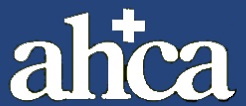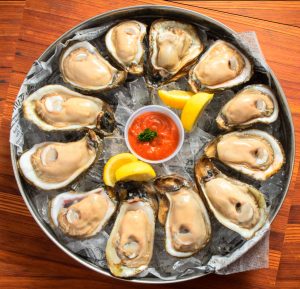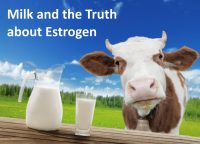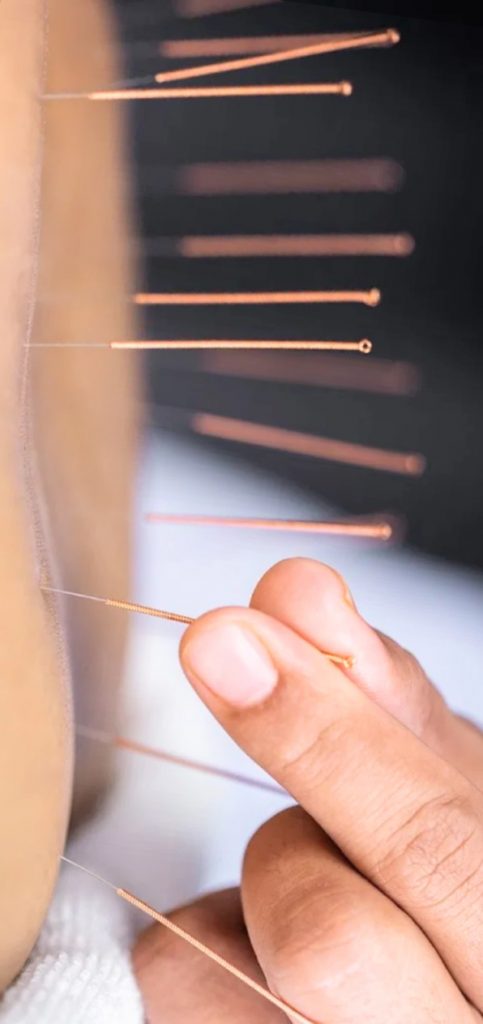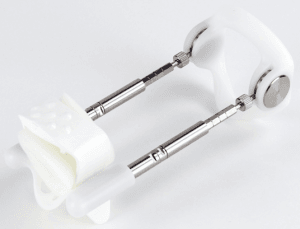Zinc supplementation has shown a positive effect on men’s and women’s hair quality. It improves hair growth and aids in
regrowth for lost hair strands.
Hair loss and thinning have been linked with the level of zinc inside a person’s body. In the US alone, 80 million men are experiencing varying degrees of baldness.
Zinc is a trace mineral found in the body. It has essential roles in cell division, protein synthesis, hormone production and regulation, and absorption of other nutrients.
Zinc can be easily obtained through proper diet or supplements. Some foods that are rich in zinc include meat, seafood, cheese, poultry, legumes, and whole grains.
Hair growth
There exists a natural cycle of hair growth and hair loss. It is composed of three phases: the Anagen (growth phase), Catagen (intermediate phase), and Telogen (resting or shedding phase).
The duration of each stage varies depending on the location of the hair. For instance, a single strand of scalp hair typically has two to three years of Anagen, two to three weeks of Catagen, and three months of Telogen. Other types of hairs have shorter Anagens but more extended Telogen phases.
As the hair cycle takes place, we lose a certain amount of hair, which is perfectly normal. Usually, 50 to 200 hairs per day are being shed. Such occurrences should not be seen as a sign of permanent hair loss.
However, if you’re shedding more than the usual, it’s important to look for underlying causes. Some possible reasons include genetics, hormones, poor diet and nutrition, age, and stress.
Zinc and hair loss
Zinc is one of those nutrients the body needs to maintain healthy hair, so a low zinc level could lead to hair loss in some men (and women). Zinc deficiency has been associated with other conditions like:
- acne,
- psoriasis,
- skin lesions,
- diarrhea,
- and muscle wasting.
A hair follicle, the skin part that produces hairs, requires zinc for growth. Inside hair follicles, cell division needs to be efficient during the Anagen phase, and zinc has a big part in this cellular process. If zinc is low, the follicle’s structure becomes weak, which causes newly-forming hairs to fall out quickly.
Zinc deficiency is also linked to Tumor Necrosis Factor-alpha (TNF-a), a cell-signaling protein. TNF-a activates the body’s immune system to wreak damage to healthy tissues in the body. If the extent of damage reaches hair follicles, hair loss is bound to happen.
Too much zinc
But before you start increasing your zinc intake, know that too much zinc is also not a good thing and will also cause hair loss.
If present in high doses, zinc will interfere with the absorption of other essential minerals like copper, manganese, magnesium, and iron. Like zinc, these elements are also necessary for having a healthy hair.
DHT levels
Too much zinc in the body also disrupts the hormonal balance. Zinc is a known booster of testosterone, which is why many male enhancement supplements (such as Vimax and Semenax) carry zinc as an ingredient. If testosterone is high, expect DHT (dihydrotestosterone) to be high as well. DHT is converted by the body from testosterone and is the hormone responsible for secondary male qualities like deep voice, physical strength, and facial hair.
While zinc increases DHT through the testosterone route, it can also inhibit DHT production. The body uses an enzyme called 5-alpha-reductase to convert testosterone to DHT. Zinc blocks this enzyme’s activity which, in a way, also blocks DHT. It is a tricky situation here where it is hard to pinpoint the fine line whether too much zinc will increase DHT through testosterone or decrease DHT through the enzyme. Either way, it is strongly recommended just to maintain enough zinc in the body.
Still, one thing about DHT is certain: it’s known to cause baldness among older men. It is actually ironic, given that DHT is the reason why young men undergoing puberty are sporting facial hairs. DHT does this by adhering to specific receptors found in the hair follicles. With the blockage, nourishment does not efficiently reach the follicles, which causes hair thinning and eventually, hair loss.
High levels of zinc also disrupt the hair growth cycle by inhibiting the Anagen and Catagen phases.
Dosage
The recommended dietary intake for zinc is 11 mg for men aged 19 years old and above. But if you want to take supplements, experts recommend up to 25 mg.
Zinc supplements come in many forms (sulfate, acetate, glycerate, picolinate, and gluconate) and varying absorption rates. The effective dosage will then depend on the supplement type you’ll be taking. For men with chronic zinc deficiency, the limit is set higher at 40 to 50 mg.
Overdose
To prevent zinc overdose, a zinc supplement should not be taken at the highest possible dosage for more than two or three weeks. Consuming more than 50 mg of zinc interferes with copper absorption and could lead to other health issues, like anemia, weak bones, and cognitive problems.
Before using zinc supplements to treat your hair issues, seek medical approval. Your doctor will help you rule out other factors causing your hair loss. Hair loss is not caused by zinc deficiency alone, and can also be an effect of another nutrient deficiencies (like vitamin B6 or iron), genetics, or a combination of several factors.
If you also have other symptoms for zinc deficiency or if lab tests did show the actual zinc concentration in your body, your doctor will determine if proper diet is enough or additional supplements are necessary to meet your zinc requirement.
